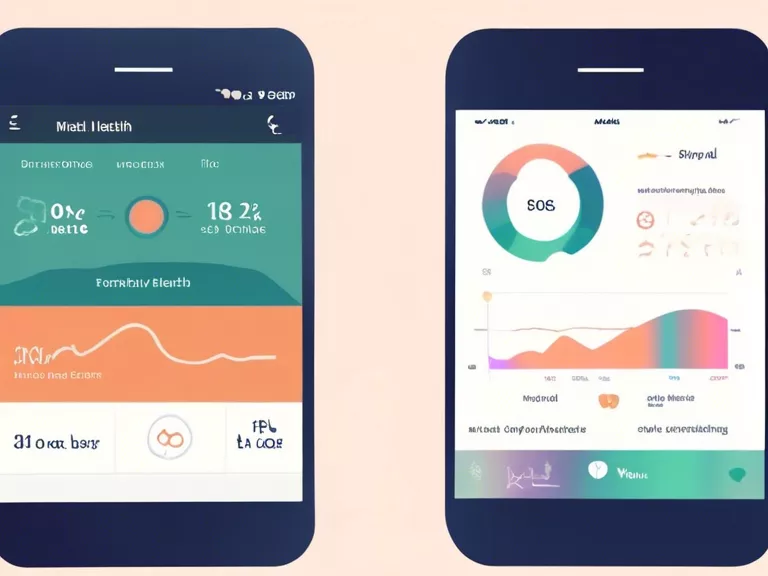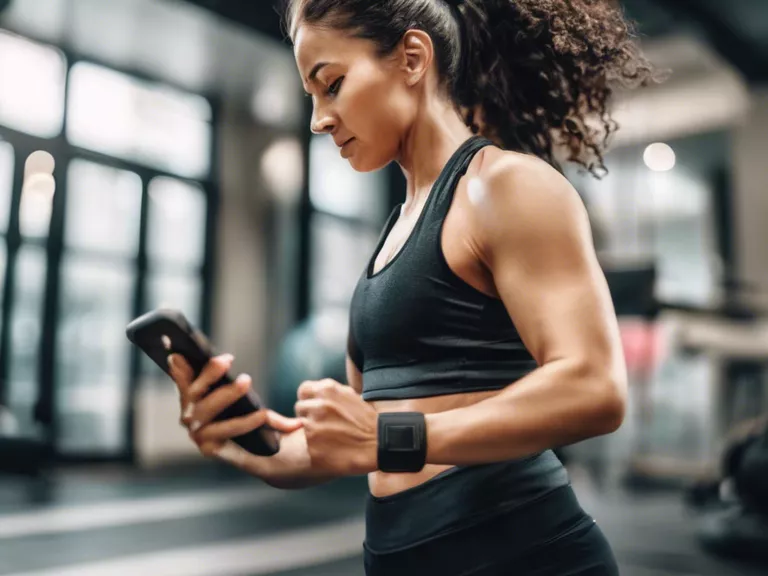
Apps and wearables can be powerful tools for monitoring mental health. From tracking mood patterns to promoting mindfulness, these technologies provide valuable insights and support for individuals seeking to improve their well-being. In this article, we will explore how you can effectively use apps and wearables to keep track of your mental health and take proactive steps towards managing your emotional wellness.
1. Mood Tracking Apps Mood tracking apps like Moodpath, Daylio, and eMoods are designed to help you monitor your emotions and identify patterns in your mental health. By recording your moods throughout the day and noting any triggers or activities that may have influenced them, you can gain a better understanding of your emotional well-being over time. These apps can also provide valuable data to share with your therapist or healthcare provider during treatment.
2. Meditation and Mindfulness Apps Practicing mindfulness and meditation can have a profound impact on your mental health, reducing stress and anxiety while promoting relaxation and emotional stability. Apps like Headspace, Calm, and Insight Timer offer guided meditation sessions and mindfulness exercises that can help you cultivate a sense of inner peace and balance. By incorporating these practices into your daily routine, you can enhance your overall well-being and resilience.
3. Fitness Trackers Physical activity plays a crucial role in promoting mental health, as exercise has been shown to reduce symptoms of depression and anxiety while improving mood and cognitive function. Wearable fitness trackers like Fitbit, Garmin, and Apple Watch can help you monitor your daily activity levels, set goals for exercise, and track your progress over time. By staying active and engaging in regular exercise, you can boost your mental and physical health simultaneously.
4. Sleep Tracking Apps Quality sleep is essential for good mental health, as inadequate rest can impact mood, cognition, and emotional regulation. Sleep tracking apps like Sleep Cycle, Pillow, and Fitbit Sleep Tracker can help you monitor your sleep patterns, identify factors that may be affecting your sleep quality, and establish healthy bedtime routines. By prioritizing restful sleep, you can support your mental well-being and promote optimal brain function.
5. Journaling Apps Expressing your thoughts and feelings through journaling can be a therapeutic practice that allows you to process emotions, gain clarity, and track your mental health journey. Apps like Day One, Penzu, and Journey provide digital platforms for writing daily reflections, setting goals, and documenting your mental health experiences. By engaging in regular journaling, you can cultivate self-awareness, enhance emotional resilience, and promote positive mental health outcomes.
Incorporating apps and wearables into your mental health routine can be a beneficial way to stay proactive about monitoring your emotional well-being and taking steps towards a healthier, more balanced life. By leveraging these technologies, you can gain valuable insights, cultivate positive habits, and support your mental health journey with greater awareness and self-care.



